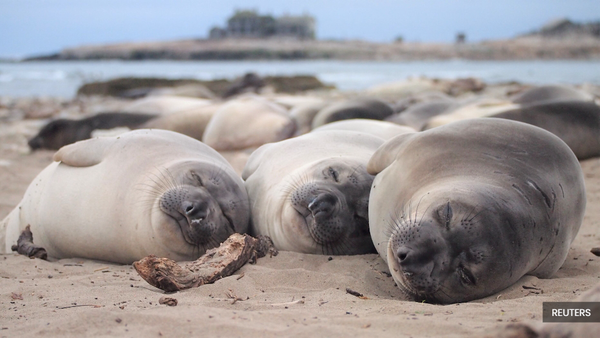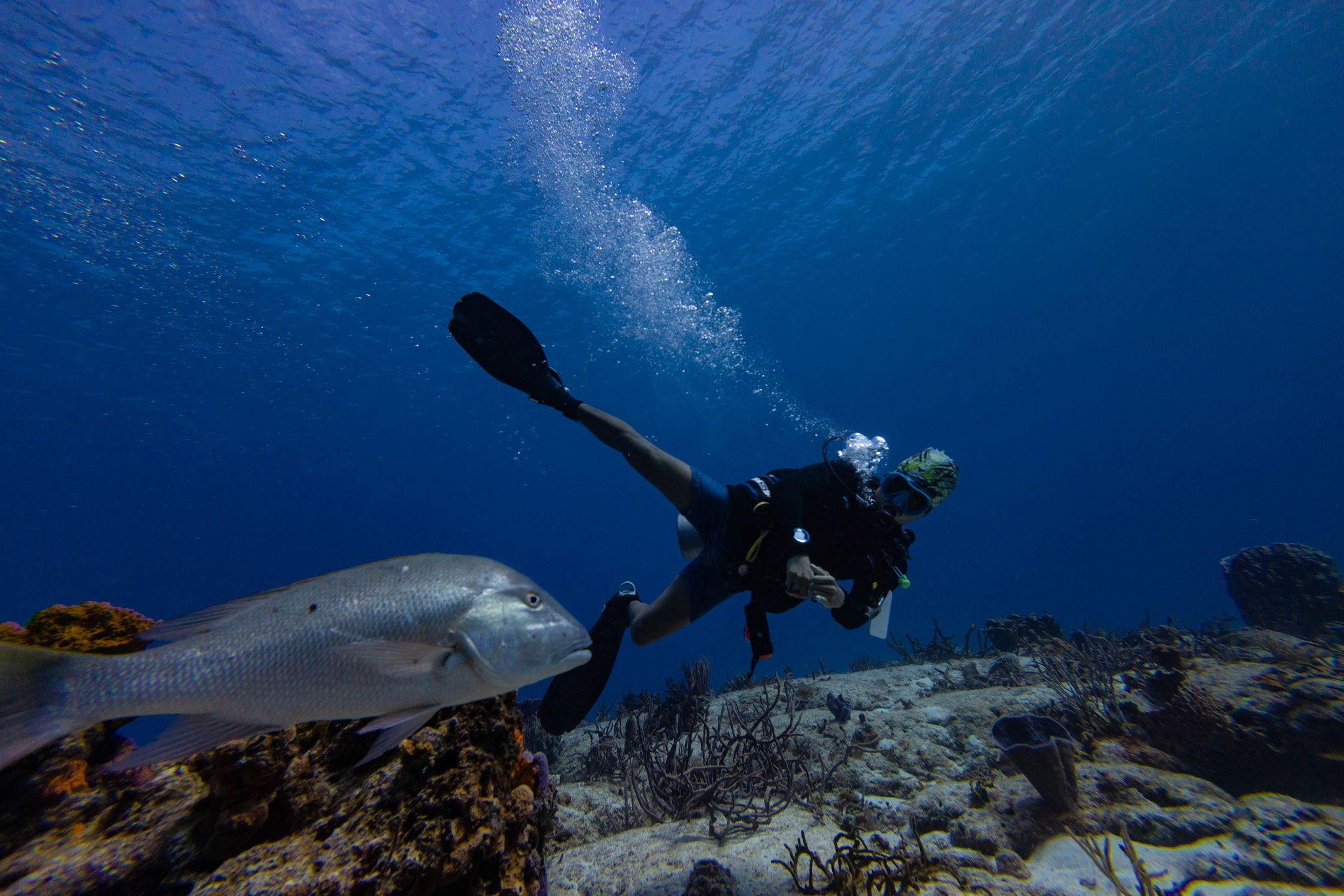BUENOS AIRES, Nov 16 — The recent avian flu epidemic has claimed the lives of thousands of elephant seals in the South Atlantic, reported the German Press Agency (dpa).
Between 2022 and 2024, the population of sexually mature female elephant seals on the South Georgia archipelago could have decreased by almost half, according to a study published earlier in the week in the journal Communications Biology.
The study revealed that the number of breeding-age female elephant seals in the three largest colonies of the archipelago has decreased by 47 per cent.
Extrapolating to the entire archipelago, the authors, including United Kingdom marine biologist Connor Bamford, estimate that around 53,000 females will be missing during the 2024 breeding season.
South Georgia is located nearly 2,000km east of the southern tip of Argentina and is one of the most critical habitats for the southern elephant seal.
At the end of the southern hemisphere's winter, the otherwise solitary elephant seals gather on the beaches of the archipelago to give birth to their young and to mate again.
The severely reduced number of sexually mature female elephant seals is likely to affect the stability of the overall population negatively, according to the researchers.
Since 2022, the largest ever documented avian flu wave has been spreading across several continents. The highly pathogenic H5N1 virus primarily affects birds but has also been found in several mammals.
In South America, thousands of seals and sea lions have fallen victim to the pathogen. The population of female elephant seals on Argentina's Valdés Peninsula decreased by 67 per cent.








